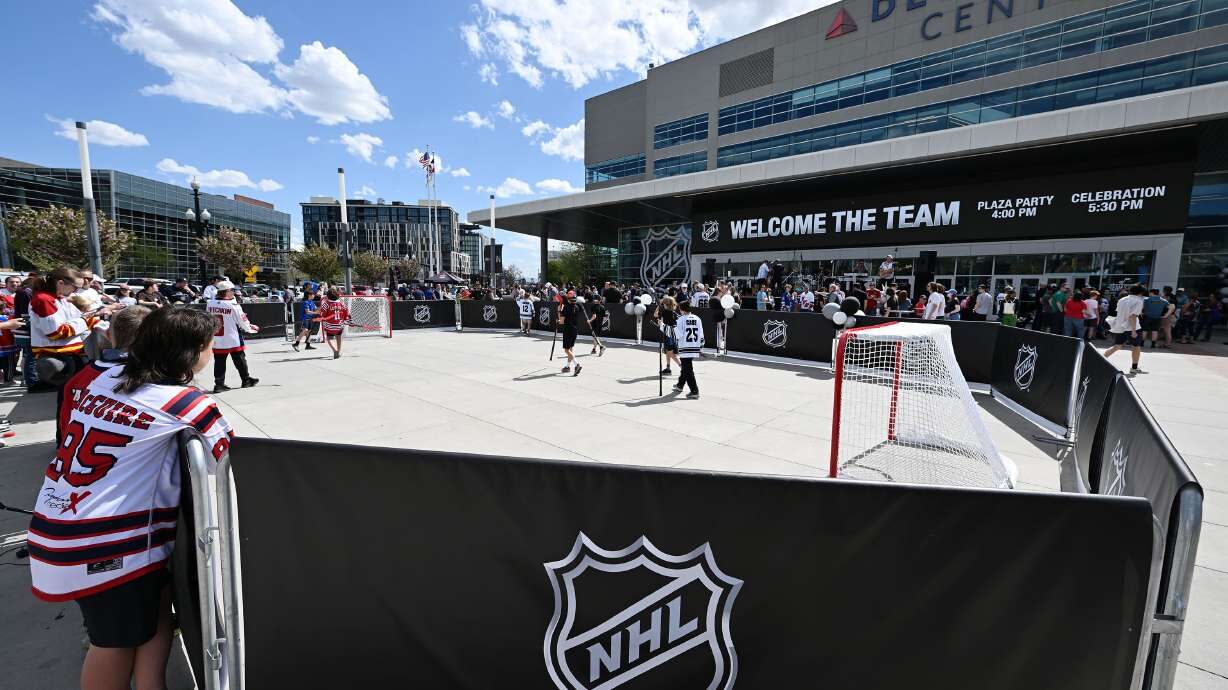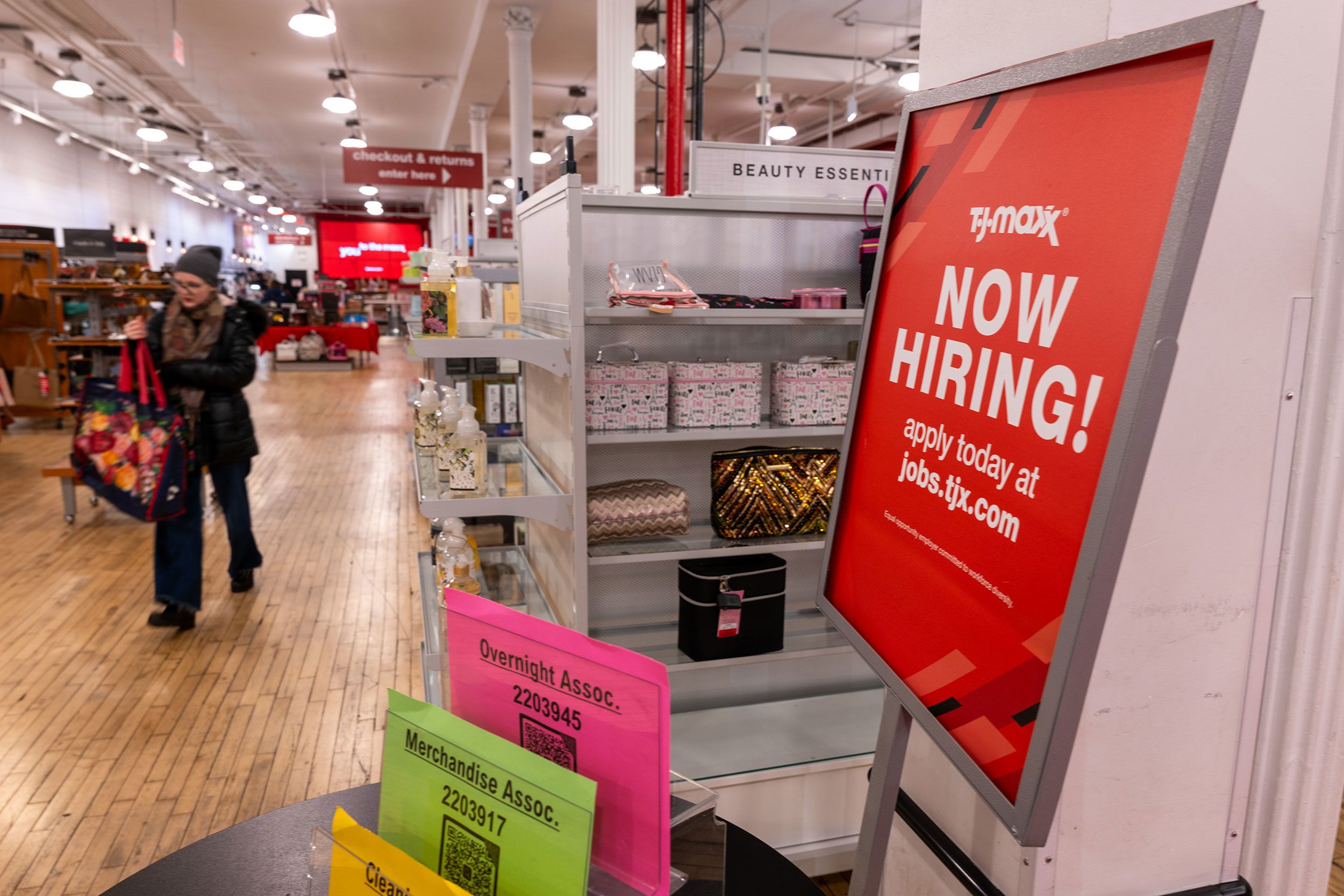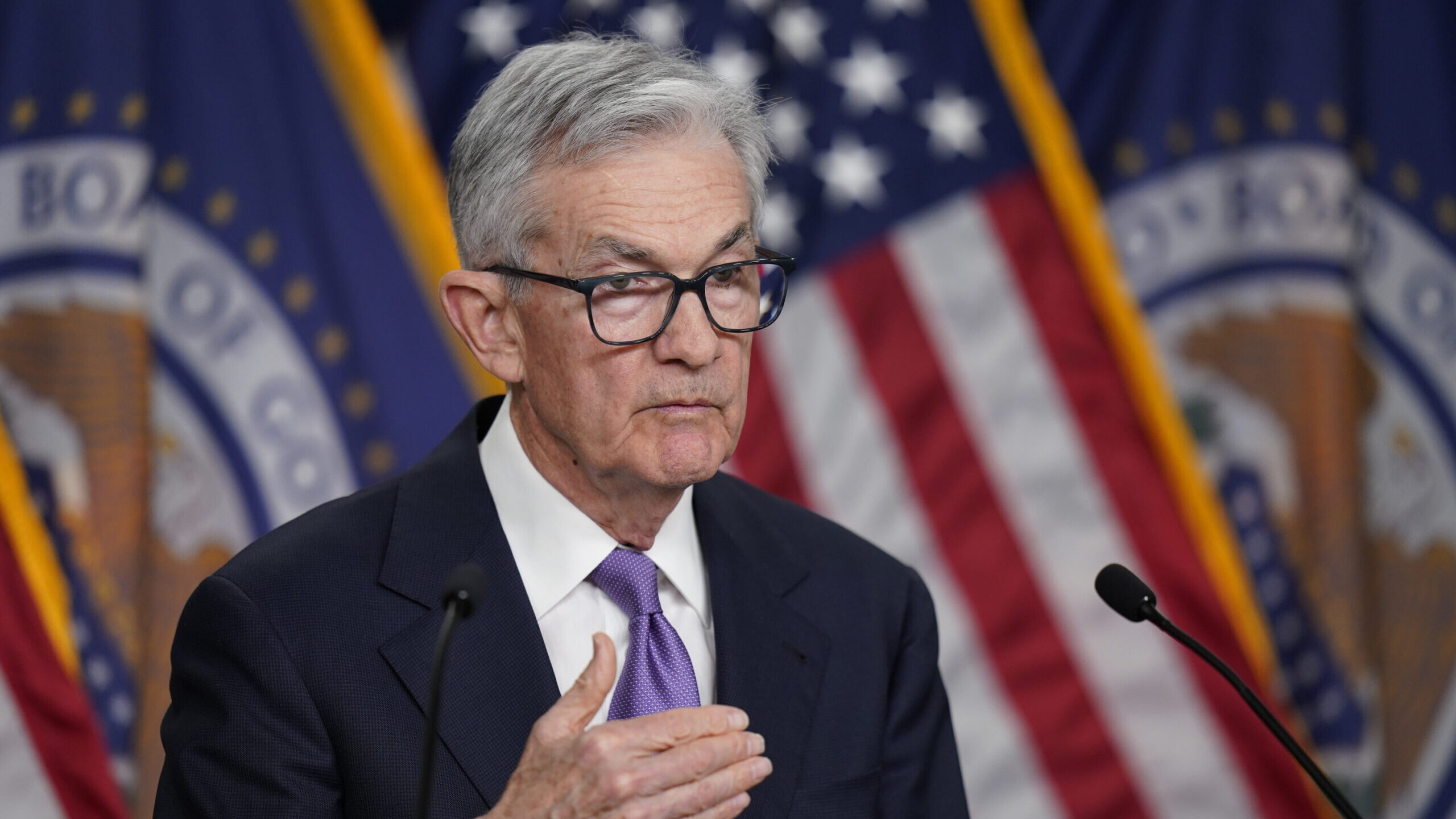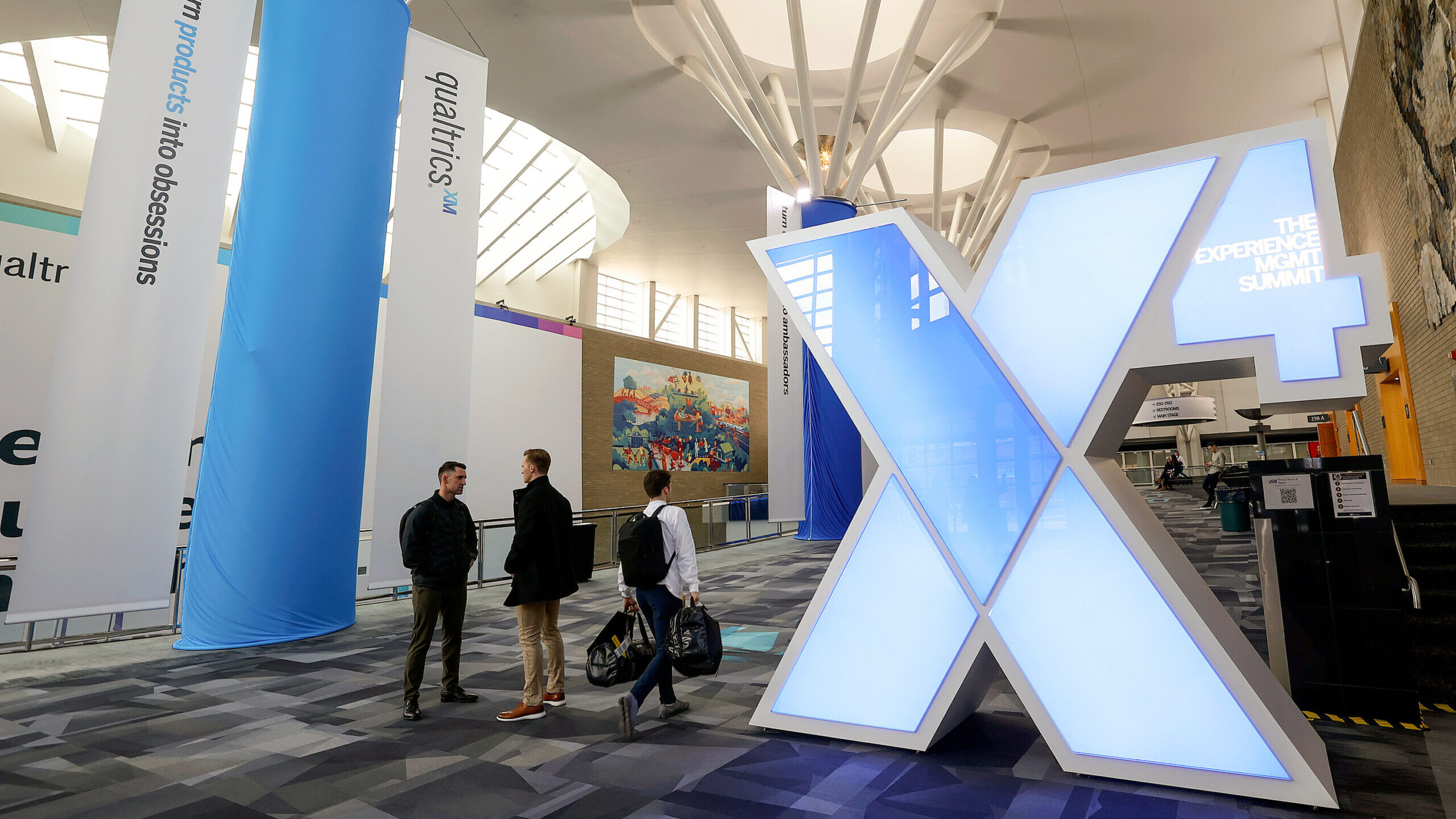The mass unbanning of suspended Twitter users is underway
Dec 9, 2022, 8:00 AM
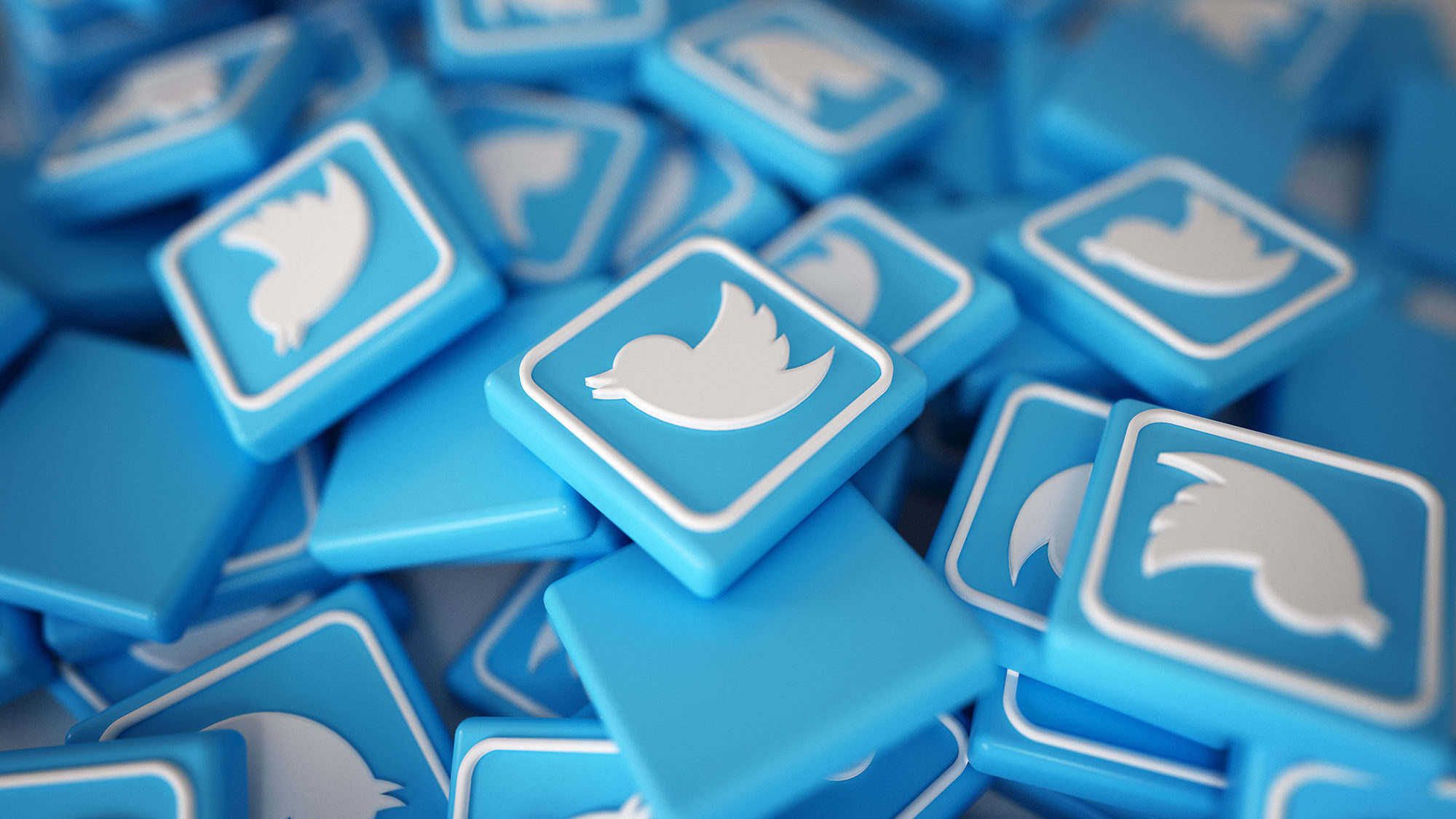
A Twitter outage is being reported, and users are complaining of errors. (Adobe Stock)
(Adobe Stock)
(CNN) — Thousands of previously banned Twitter users, including members of the far-right and users sharing blatant misinformation, have begun to have their accounts restored to the platform, according to an independent analysis.
The mass restoration of accounts comes after new owner Elon Musk said late last month that he would offer “general amnesty” to many who had been removed from the platform. In following through on that commitment, however, Musk risks further alienating other users and advertisers, and exacerbating concerns among watchdog groups about the rise of hate speech on the platform under his ownership (a fact Musk has attempted to refute).
Among those recently unbanned are a range of large and small accounts, including users promoting NFTs and cryptocurrencies, users tweeting about sports, many users tweeting in languages other than English, as well as both users that appear to be left-leaning and pro-Trump, according to observations by CNN.
But the restored accounts also include far-right figures such as Andrew Anglin, a self-professed white supremacist who founded the neo-Nazi website The Daily Stormer, and Patrick Casey, who is associated with the far-right group “America First” and was subpoenaed by the House January 6 committee for his involvement in the Capitol riot.
A number of accounts restored in recent days, including many with thousands of followers, used their first tweets in years to thank Musk for allowing them back on the platform, according to a review of their posts by CNN. Some also quickly began sharing conspiracy theories about issues such as Covid-19 and the 2020 US Presidential election.
A data set of many of the unbanned accounts compiled by researcher and software developer Travis Brown, who worked for Twitter for a year in 2014 and last year began a project tracking hate speech on the platform, shows dozens of users who have had their bans reversed are using QAnon-related phrases or hashtags in their account bios. The dataset was built using Twitter’s API and a tool Brown had originally built to observe and track high-profile Twitter suspensions.
The accounts that have been restored includes “a really strange mix of accounts” that includes apparent far-right extremists and QAnon adherents, but also, for example, a Miley Cyrus fan account that has been repeatedly suspended and appears aimed mostly at growing a large following, Brown said.
But Brown added that other accounts he has observed as part of his hate speech tracking project have yet to be reinstated, raising questions about the criteria Twitter is using to restore previously banned accounts, although it’s possible Musk’s reinstatement process will take time. Many users on Twitter have also raised questions about Musk’s move last week to again suspend Kanye West, who has made numerous antisemitic comments, while restoring the accounts of other white supremacists and Neo-Nazis. In another instance, Musk tweeted that he would not restore Alex Jones’s account because of a personal preference.
“I’ve found it really hard … to generalize about how and why certain accounts are allowed back,” Brown said.
Twitter, which has made substantial cuts to its public relations team, did not immediately respond to a request for comment and questions on the number of previously banned accounts restored or its process for doing so.
Musk said last month that he would begin restoring most previously banned accounts to the platform, after having polled his Twitter followers about whether to offer “general amnesty to suspended accounts, provided that they have not broken the law or engaged in egregious spam.” The poll, which garnered more than three million votes, finished with more than 72% voting in favor of the proposition. It is not clear how Musk and Twitter’s remaining staff are sorting out which accounts were banned for spam or illegal activity.
The new Twitter owner had already begun to restore the accounts of some prominent, controversial users that had previously been banned or suspended from the platform, most notably former President Donald Trump, as well as conservative Canadian podcaster and all-beef diet promoter Jordan Peterson and the right-leaning satire website Babylon Bee.
Some of the accounts restored in the latest wave have already raised concerns from civil rights groups. The Anti-Defamation League on Monday described as “deeply disturbing” Twitter’s decision to allow Anglin back on the platform.
“The return of extremists to the platform has the potential to supercharge the spread of extremist content and disinformation, and this in turn could lead to the increased harassment of users,” Yael Eisenstat, vice president of ADL’s Center for Technology and Society said in a statement to CNN. “Musk’s actions to date show that he is not committed to a transparent process that incorporates the best practices we have learned from civil society groups.”
Before taking over Twitter, Musk said he disagreed with the platform’s policy of permanent bans, which were typically doled out only after a user had received a number of “strikes” for repeatedly violating Twitter’s policies, including those against Covid-19 or civic integrity misinformation.
Shortly after acquiring the company, Musk said he would create a “content moderation council” prior to making major changes, but there is no evidence such a group was ever formed or involved in the decisions to bring back violative accounts. Instead, Musk has appeared to make the decisions himself.
Musk and Twitter have repeatedly stressed that the platform’s rules have not changed, despite restoring accounts that had repeatedly violated its rules and ceasing enforcement of the company’s policy prohibiting Covid-19 misinformation. In a blog post last month, Twitter said that its trust and safety team “remains strong and well-resourced, and automated detection plays an increasingly important role in eliminating abuse.” Content that violates Twitter’s rules, it added, will be demoted on the platform.
Yoel Roth, Twitter’s former head of trust and safety who left the company following Musk’s takeover, criticized the billionaire Twitter owner’s top-down approach to content decisions in an interview with journalist Kara Swisher last month, suggesting that the platform had started to be run by “dictatorial edict rather than by a policy.” He also raised concerns about layoffs that hit Twitter’s safety teams.
Restoring additional, previously banned accounts could exacerbate several big issues Twitter is currently facing. It could further alienate Twitter’s advertisers, many of whom have fled the platform in the wake of the chaos since Musk took over and out of fear that their ads could end up running alongside objectionable content. Musk has said the departure of key Twitter advertisers in recent weeks has led to a “massive drop in revenue” for the company.
Ads for major brands, including Kia, Amazon, Snap and Uber, have already begun to appear alongside tweets from reinstated accounts such as Anglin’s, according to reporting from the Washington Post and observations by CNN. (Kia told CNN it “continues to monitor the evolving Twitter environment and work closely with their teams on advertisement placement and usage.” The other brands did not immediately respond to CNN’s requests for comment.)
It could also draw more attention from Apple, which Musk previously tweeted had threatened to remove Twitter from its app store. Musk later said that the concern had been resolved following a meeting with Tim Cook, but Apple has previously shown a willingness to remove social media platforms from its app store over concerns about their ability to moderate hate speech and other potentially harmful content. Getting booted from Apple’s app store would be detrimental to Twitter’s business by making it harder for the iPhone maker’s more than one billion global customers to access the app, and difficult if not impossible for iPhone users to receive app updates.


